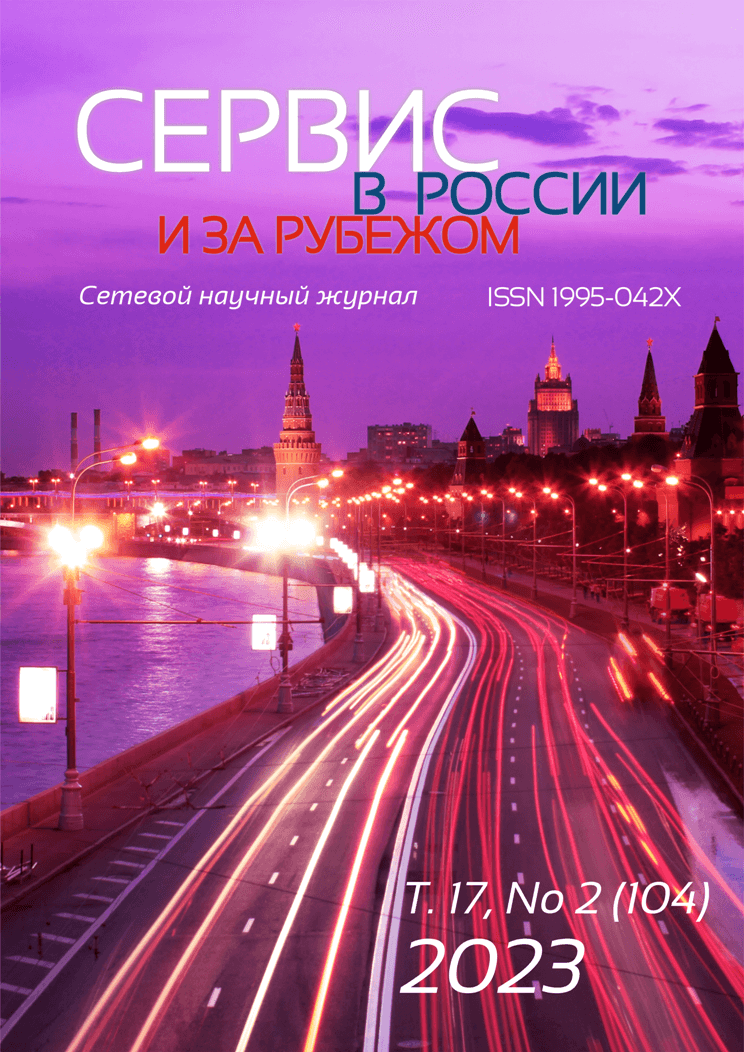A man in the era of virtualization of society
DOI:
https://doi.org/10.5281/zenodo.8105530Keywords:
digital technologies, human evolution, postmodern, virtual reality, virtualization of consciousness, Homo Virtualis, avatar, mind uploading, digital immortalityAbstract
The purpose of the study of the article is to reveal the features of the formation of a virtual person in the postmodern era. The relevance of the article is due to the need to study the processes in society, determined by technical and information systems and virtual reality, which lead to the formation of a new posthuman. The authors made an attempt to trace the influence of the information age and virtual reality technologies on the formation of a person of the postmodern era – Homo Virtualis. The article emphasizes that virtual reality technologies can significantly affect not only the evolution of man, but also his consciousness. The scientific novelty of the article lies in an attempt to present the possible consequences of the virtualization of consciousness. As a result of the study, the authors came to the conclusion that the process of virtualization transforms not only the work of consciousness, but also the valuable and practical attitudes of a person.
Downloads
References
Roco M.C., Bainbridge W.S. (Eds.). Converging Technologies for Improving Human Performance: Nanotechnology, Biotechnology, Information Technology and Cognitive Scienc. NSF-DOC Report. Arlington, 2002.
Шевченко Ю.С. Природа человека в свете конвергентных технологий: философский анализ // Исторические, философские, политические и юридические науки, культурология и искусствоведение. Вопросы теории и практики. 2012. №6(20). Ч. I. C. 208-210.
Varela F., Thompson E. The Embodied Mind. Cognitive Science and Human Experience. Cambridge: MIT Press, 1991. 328 р.
Меркулов И.П. Когнитивная эволюция. М.: Изд-во РОССПЭН, 1999. 310 с.
Смолл Г., Ворган Г. Мозг онлайн. Человек в эпоху интернета / Пер. с англ. Б. Козловского. М.: КоЛибри: Азбука-Аттикус, 2011. 352 с.
Бычков В.В., Маньковская Н.Б. Виртуальная реальность // Культурология. Энциклопедия. В 2-х тт. М.: Росс. политич. энцикл., 2007. Т.1. С. 369-374.
Делёз Ж. Логика смысла. М.: Академич. Проект, 2011. 472 с.
Шклярик Е.Н. Новая онтология // Информационная эпоха: вызовы человеку / Под ред. И.Ю. Алексеевой и А.Ю. Сидорова. М.: РОССПЭИ, 2010. С. 230-258.
Гуревич П.С. Феномен деантропологизации человека // Вопросы философии. 2009. №3. С. 19-31.
Кутырёв В.А. Разум против человека (Философия выживания в эпоху постмодернизма). М.: ЧеРо, 1999.
Фромм Э. Бегство от свободы. М.: АСТ, 2009. 288 с.
Барышев Р.А. Личность в контексте киберпространства // Вестник Челябинского гос. ун-та. Философия. Социология. Культурология. 2017. Вып.20. С. 15-18.
Лемм С. Сумма технологий. М.: Изд-во АСТ, 2018. 736 с.
Lamont C. The philosophy of humanism. London, 1961. XXI. 243 p.
Downloads
Published
How to Cite
Issue
Section
License
Copyright (c) 2023 Mejevnikova, O. P., & Ukhina, T. V.

This work is licensed under a Creative Commons Attribution-NonCommercial-ShareAlike 4.0 International License.












